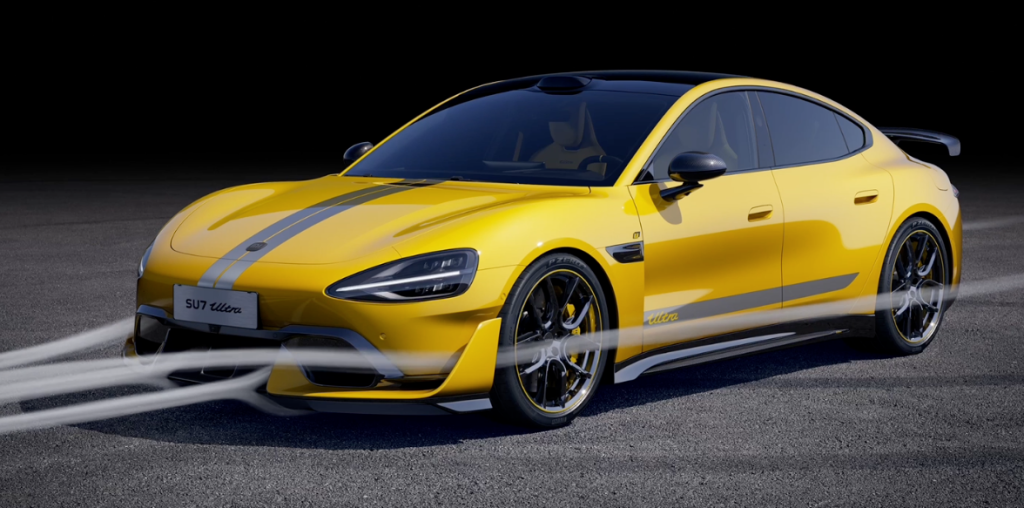2025 EV Market Overview
CMB International expressed optimism regarding the NEV market’s continued growth potential. Recent vehicle launches from several manufacturers, including the Xiaomi SU7 Ultra, the debut of the 2025 Xpeng G6, and the unveiling of Li Auto’s first pure electric SUV, the Li i8, have enriched market offerings.
Following the Spring Festival, various automakers, including Tesla, Xpeng, and ZhiMi, have implemented promotional activities, such as interest-free financing plans and significant price reductions, which are expected to further boost sales.
With the introduction of trade-in policies in some regions, advancements in smart driving technologies, and the rollout of new models, the NEV market is poised for sustained growth. Everbright Securities noted that declining prices of upstream lithium battery materials, intensified competition among manufacturers, and various consumer incentive policies are optimizing both supply and demand in the NEV market. They remain optimistic about the prospects for automotive consumption, particularly for NEVs, by 2025.
Additionally, the anticipated shift towards intelligent vehicles, supported by policy initiatives, is expected to focus on the mass production of L3-level smart driving technologies, L4-level Robotaxi commercialization, and integrated infrastructure development. Galaxy Securities highlighted that the effects of trade-in policies would continue to manifest, alongside an influx of new products from domestic brands, enhancing growth momentum in the NEV market.
In terms of product advancements, BYD is entering a growth phase for its smart driving models, while the Xiaomi SU7 Ultra has received a strong response, showcasing the increasing competitiveness of domestic brands. The upcoming Shanghai Auto Show in April-May is expected to serve as a platform for the launch of flagship new products, further invigorating the supply of new energy vehicles.

Nenpower pointed out that “embodied intelligence” has been clearly identified as a key area for future industrial development, suggesting a potential reshaping of valuations in the automotive supply chain. The solid-state battery industry also shows promise, with numerous companies announcing plans for solid-state battery development.
Since February, various automakers have unveiled their solid-state battery initiatives. Changan Automobile has introduced a solid-state battery with an energy density of 400 Wh/kg, promising a range exceeding 1,500 kilometers and aiming for mass production by 2027. Hyundai plans to showcase a pilot production line for solid-state batteries and targets the introduction of a prototype vehicle by the end of 2025. BYD anticipates mass production of solid-state batteries by 2027, with large-scale commercialization between 2028 and 2030. Meanwhile, Mercedes-Benz has launched road tests for a new solid-state battery vehicle, which offers an energy density of 450 Wh/kg and extends the range of its electric EQS model by 25%, allowing for a distance of 1,000 kilometers on a single charge.
The industrialization of solid-state batteries is accelerating, with signs of significant progress emerging. Leading battery manufacturers and startups focused on solid-state technologies are pushing forward with research and development. As of 2024, semi-solid state batteries are expected to enter the mass production phase, with major announcements regarding advancements and breakthroughs in solid-state battery technology anticipated.







